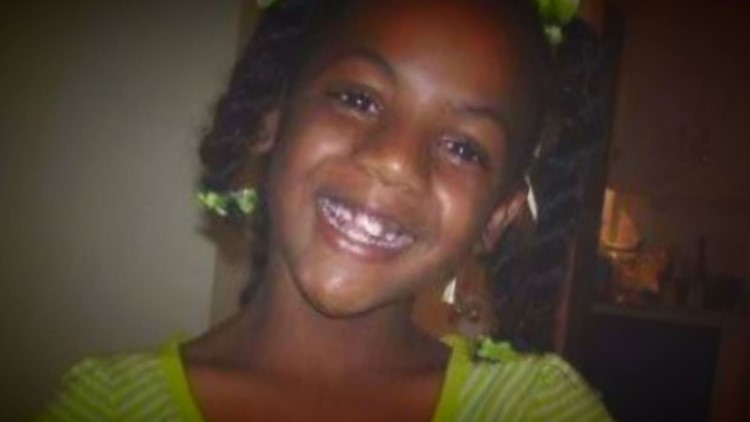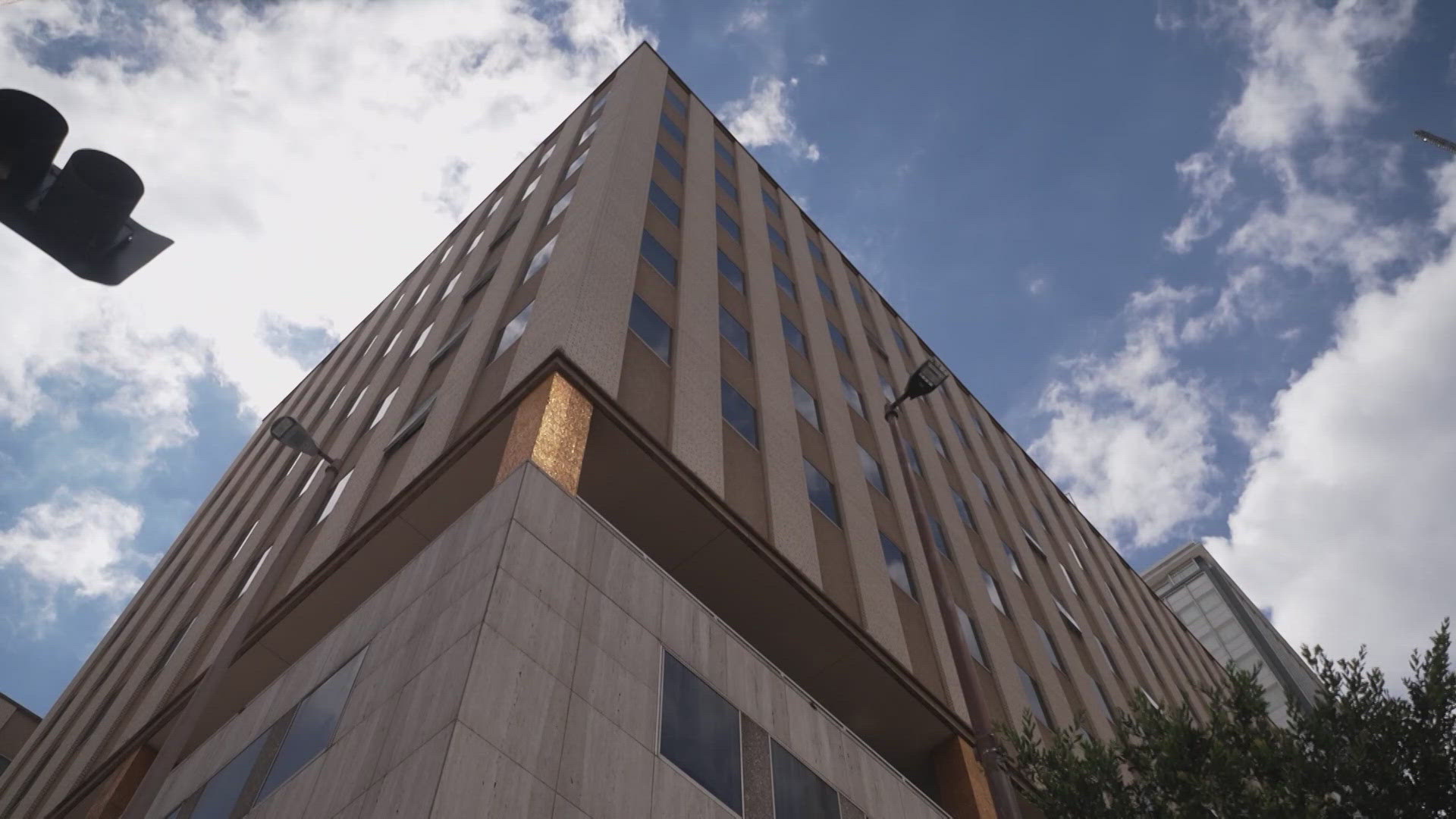It has been a year since Emani Moss' burned body was found inside a trash can at a Gwinnett County apartment complex. Police say her father and stepmother set her on fire, hoping to make the evidence of their abuse disappear. Instead, they ignited a passion in the community to see the system change.
As most of us watched the news and struggled for words, song writer Lenny Berger, couldn't say enough. He wrote a song, recounting the little girl's last words to her grandmother and a chorus repeating the question that haunts so many -- who killed Emani?
"It wasn't so much a desire or interest to write a song, it became a compulsion. It's like I have to write a song for her," said Berger.
The song isn't a ballad. It's more upbeat and angry. For all its outrage, Emani's grandmother says when she heard it the first time, sitting in her kitchen, there was joy.
"It's like all of us sitting in there just crying over this song. Because we just miss her. Anything about her, it brightens… excitement… just to think about the good times," said Robin Moss.
Moss says Emani too was a songwriter. "Anything and everything. Lots of love and some silly songs." A stark contrast to Berger's memorial, with a message.
"It really has put a spotlight on what happens behind closed doors. What happens in the name of parenting. What happens in the name of discipline," said Stephanie Blank, the chair of the Child Welfare Reform Council.
The group was commissioned by Governor Nathan Deal after the death of not only Emani, but Eric Forbes & Ella Camp. Their goal: to find ways to make children safer.
"It's normally not one big thing where somebody completely turned their back, it's a series of small little missteps. And all of that added together allows the unthinkable to happen," said Blank.
Blank says DFCS has made important changes in the past year. The state has hired 278 new case managers and supervisors, about half of what was lost during the recession. A DFCS spokesperson says the last group is going through training right now. The challenge though, will be keeping them.
"Fantastic that there's more money to hire more case managers. But in my opinion, as long as the rate of pay remains where it is, it is not competitive with the market, it's going to continue. Workers get good training and they will be hired away," said Ashley Wilcott.
Wilcott heads the Office of the Child Advocate, an oversight agency for DFCS. She also serves on the Reform Council, which is expected to make its recommendations next month. The average starting salary for a caseworker in Georgia is $28-thousand. A market survey requested by DFCS, showed that was nearly $10,000 below the regions average, and what would be necessary to be competitive.
"This will be a case where it will be up to our legislative body to put the money where the outcry has been," said Blank.
Wilcott also stresses the need for consistent leadership. DFCS has seen a revolving door of directors. The current leader, Bobby Cagle, was appointed by the Governor in June when he restructured the organization to report directly to him. But even he is only classified as an Interim Director. When a permanent replacement will be chosen is unknown.
"It has got to be a consistent, stable system with consistent leadership. It cannot afford to have an ongoing change in leadership," said Wilcott.
The added workers have helped to reduce caseloads, but in the region that covers Gwinnett County, where Emani died, caseloads remain the highest in the state – twice the national standard. And the workload is growing.
DFCS has cut the wait time on its centralized intake center from 10 minutes to nine seconds, despite an overwhelming wave of reports.
"We're up 40 percent in reporting. 40. That's significant. But it also means people are becoming more aware and willing to speak up," said Blank.
According to a DFCS report, there were 2,555 new reports made to Child Protective Services in September 2013. This year, there were 5,049.
To better deal investigate those claims, the council plans to recommend new or upgraded technology. Blank says caseworkers could benefit from GPS enabled phones to quickly find homes in remote or congested areas and be able to alert police secretly if a home visit becomes dangerous for the worker or child.
She says they're also researching partnerships that would allow a caseworker to send pictures of a suspicious injury to a doctor immediately for evaluation. 11-year old Eric Forbes died in October after enduring years of abuse. His DFCS case summary says he blamed many of the bruises on football injuries. But his autopsy told a different story. The hope is to catch the abuse – when the child is still alive.
"When that child goes in for x-rays we see a history of multiple breaks that have healed, but they're there. It is a road map of the physical abuse that that child has endured," explained Blank.
Robin Moss says it all sounds good – but she believes it's still not enough. "It took her (Emani's) death to open eyes, for other people to see and understand what's going on and it's a serious fight," said Moss.



